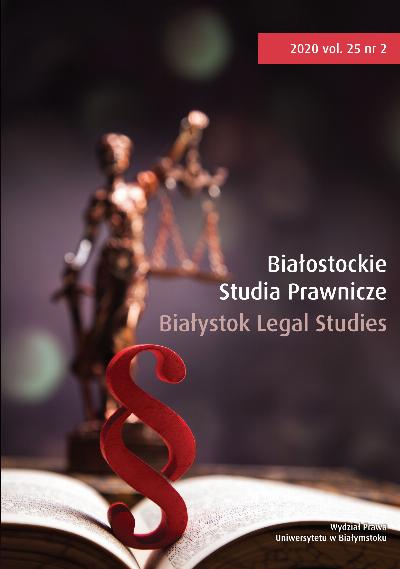Dawstwo materiału genetycznego a rozwiązania polskiej ustawy o leczeniu niepłodności
Donation of Genetic Material and the Polish Law on Infertility Treatment
Author(s): Kinga Bączyk-RozwadowskaSubject(s): Social Sciences, Law, Constitution, Jurisprudence, Civil Law, Sociology, Health and medicine and law
Published by: Temida 2
Keywords: medically assisted procreation; in vitro fertilization; gametes; donor; recipient; anonymity of donation; donor conception register; welfare of the child; genetic origin
Summary/Abstract: Since the procedures of medically assisted procreation (such as insemination or in vitro fertilization) carried out with donated gametes have become common, the problem of protecting donors and children has arisen. Donors needed the protection of their right to respect for family and private life, whereas children needed the proper assimilation with a new family, based on social bonds. Initially, most countries introduced, as a basic rule, the principle of anonymity of gamete and embryo donation (the so-called traditional model). According to the anonymity rule, a child conceived via medically assisted procedures does not have access to information about the donor’s identity, and vice versa. However, due to the increasing importance of the right to know one’s genetic origin, many countries decided to change the law and allow the child and the donor access to the donor conception register (the socalled liberal model). The Polish Act on Infertility Treatment of 2015 adopted the traditional model, with a few modifications. Opinions on the new regulation differ, and there is an ongoing discussion in the literature concerning in particular the confidentiality of the donor’s identifying data.
Journal: Białostockie Studia Prawnicze
- Issue Year: 25/2020
- Issue No: 2
- Page Range: 141-164
- Page Count: 24
- Language: Polish

